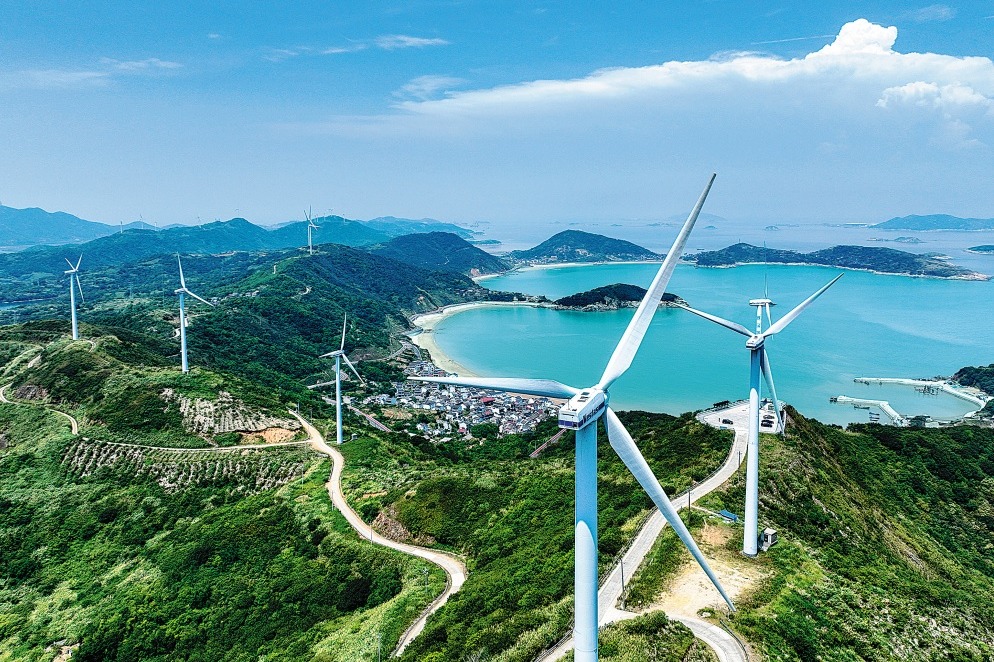In 2016, the Benue State Government proposed a generator tax with vague promises of repairing the ozone layer. This highlighted the unserious attitude of Nigerian state actors toward environmental issues, often seen as opportunities for financial gain.
COP28 Delegation: Dubious Inclusions
Nigeria’s COP28 delegation in 2023 raised eyebrows with unexpected inclusions like the Inspector General of Police. The presence of figures seemingly unrelated to climate issues suggests a lack of understanding and seriousness about addressing environmental challenges.
Financial Burden of Delegation
Sending 1,411 delegates to COP28 at a time of economic challenges and reliance on loans raises questions about prudent resource allocation. The financial burden of such a large delegation seems impractical, indicating potential misalignment with the country’s climate commitments.
The Environmental Disparity: China vs. Nigeria
Comparing China’s $18 trillion economy and Nigeria’s $390 billion economy, the environmental impacts differ significantly. While China acknowledges responsibility as the world’s largest emitter, Nigeria’s emissions are modest. However, Nigeria’s industrialization goals may impact emission levels and climate commitments.
Nigeria’s Climate Goals and Challenges
Nigeria aims for 30,000 MW electricity generation capacity by 2030, signaling a shift from oil and gas reliance. However, increased industrial activity may challenge climate goals. Balancing growth and climate commitments is crucial for Nigeria’s well-being.
Inclusive Climate Strategies for Developing Nations
Underdeveloped countries like Nigeria must actively participate in tackling climate change with inclusive strategies. The interconnectedness of environmental issues calls for broad inputs and emphasizes everyone’s responsibility for effective and fair solutions.
Mitigating Climate Impacts: Strategic Initiatives
Nigeria needs a comprehensive approach to counteract potential climate impacts. Investing in renewable energy, enhancing energy efficiency, exploring carbon capture and storage, promoting sustainable land use, and adapting to climate change are crucial initiatives.
Achieving Balance: Nuclear Energy Considerations
As the world seeks cost-effective and environmentally friendly energy sources, nuclear energy emerges as a compelling option for Nigeria. Beyond economic benefits, nuclear power offers geopolitical advantages by reducing dependence on oil-producing countries.
Nuclear Energy Prospects for Nigeria
Nigeria’s significant uranium reserves make nuclear power feasible, providing reliable and carbon-free electricity. However, safety, security, technical expertise, waste management, and international collaboration are critical considerations for successful nuclear energy implementation.
Navigating Energy and Climate Control: A Balanced Approach
Nigeria’s journey toward industrialization and energy security requires a careful balance with climate change responsibilities. Embracing renewable energy, promoting efficiency, considering nuclear energy, transparent policy decisions, international collaboration, and responsible resource allocation are essential in navigating this complex terrain.
Source: premiumtimesng.com





